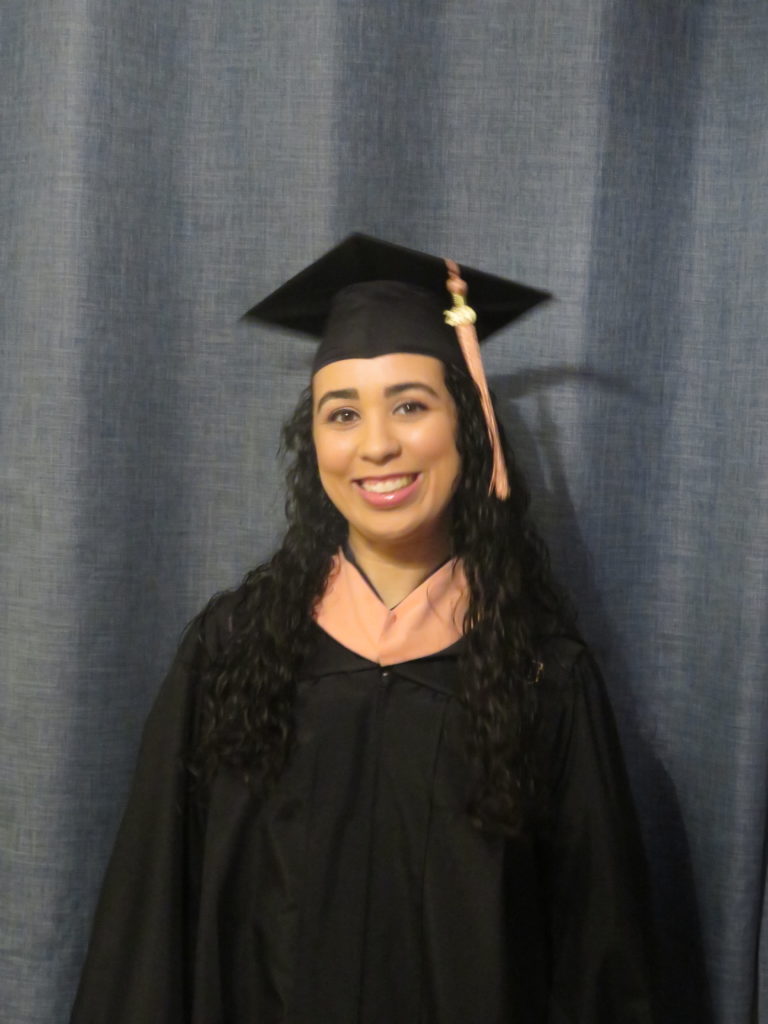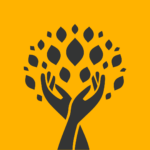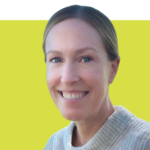
Osmari is an MPH Candidate at Florida International University, Robert Stempel College of Public Health and Social Work. Her experience with the Healthy Start Coalition of Miami-Dade has prepared her well as she begins her Ph.D. in Health Disparities.
“As I am about to embark upon my Ph.D. in Public Health with a concentration in Health Disparities, I look forward to honing my cultural competency skills. In the future, I plan to pursue my own health disparities research that will provide valuable information to public health care providers and policymakers to develop effective interventions that will lead to reducing health inequities among MCH populations.”
Achieving cultural competency is defined as a “developmental process that occurs along a continuum and evolves over an extended period. It broadly represents knowledge and skills necessary to communicate and interact effectively with people regardless of differences and helps to ensure that the needs of all people and communities are met respectfully and responsively in an effort to decrease health disparities and lead to health equity. Becoming culturally competent is an ongoing fluid process.” I developed this, MCH Leadership Competency 7: Cultural Competency during my MPH practicum with the Healthy Start Coalition of Miami-Dade (HSCMD), a non-profit statutorily designated by the state of Florida to serve as Miami-Dade County’s prenatal and infant care coalition. My practicum project, entitled Feasibility of implementing an innovative tool to prevent poor pregnancy outcomes among Black mothers in Miami-Dade County, representing a research collaboration between HSCMD and Robert Stempel College of Public Health & Social Work at Florida International University.
In 2020, the rate of stillbirth, one of the most persistent and conspicuous health disparities in Miami-Dade, was four times greater among Black mothers than non-Hispanic whites (16.4 vs. 3.7/1000 live births). Despite this, approximately 25% of stillbirths are preventable. The goal of our project was to assess the feasibility and preliminary effectiveness of a free, innovative app called Count the Kicks. This mobile app allows mothers in their third trimester and beyond to keep track of fetal movements. Generally, a mother should feel ten kicks within a span of two hours, during a time when the baby is the most active. We collected data from a sample of 30 mothers who were in their third trimester, had a smartphone, and spoke Spanish or English.
Although I completed my practicum during the pandemic, I was still able to create relationships with each of the participants over the phone. Being bilingual myself, I effectively communicated with mothers and administered surveys for our research project. Mothers were excited to tell me about their experiences using the app and how frequently their babies were kicking. In fact, three of our participants received a notification from the app to head to the hospital because their babies were not kicking at the recommended frequency. Luckily there were no life-threatening issues in this case, but this app served as a preventative measure to ensure the health and safety of both the mother and the baby.
I believe that cultural competency was crucial during my practicum because I wanted to create a relationship with each mother. I needed them to trust me to answer our research questions and ask me any questions if they had concerns. If I did not have the answers, I would refer them to a care coordinator at HSCMD who could answer their questions accordingly. Even though I identify as an Afro Latina woman, I understand the privilege I hold compared to our research participants. I was aware of this and knew that I had to put myself in their shoes and do my job of educating them the best I could on fetal movement to help decrease their likelihood of experiencing stillbirth. The majority of these women face challenges and barriers in their everyday lives due to their race and ethnic group, level of education, socioeconomic status, geographic location, mental health, lack of family support, etc. My acknowledgment of these challenges and barriers among our participants is essential in order to develop a level of trust and understanding.
Beyond data collection, HSCMD wanted to ensure that these women had access to all of the resources they may need. I am not a mother myself, but I know that each pregnancy can come with unique challenges. These pregnant individuals and their families were facing multiple challenges and barriers amid a pandemic. In my position at HSCMD, I became acutely aware that addressing social determinants of health is a primary approach to achieving health equity. My awareness of these broader contexts helped me develop respectful patient-centered communication skills. I had the opportunity to talk in-depth with most mothers, and I truly understood their family’s need for resources. When possible, I offered my support in a family’s native language and tailored messages to their lived experiences.
HSCMD clients were genuinely interested in learning about the importance of fetal movement monitoring and how it can be an early warning sign for complications. Although I have always had a keen sense of cultural competency, I know I can always do better to understand the experiences of others that are different from my own. It is an ongoing process that I am very open to expanding on to be the best MCH professional that I can be. The relationships I built and the genuine conversations I had with each of the clients were among the most rewarding experiences of my practicum that I will never forget. As I am about to embark upon my Ph.D. in Public Health with a concentration in Health Disparities, I look forward to honing my cultural competency skills. In the future, I plan to pursue my own health disparities research that will provide valuable information to public health care providers and policymakers to develop effective interventions that will lead to reducing health inequities affecting MCH populations.


